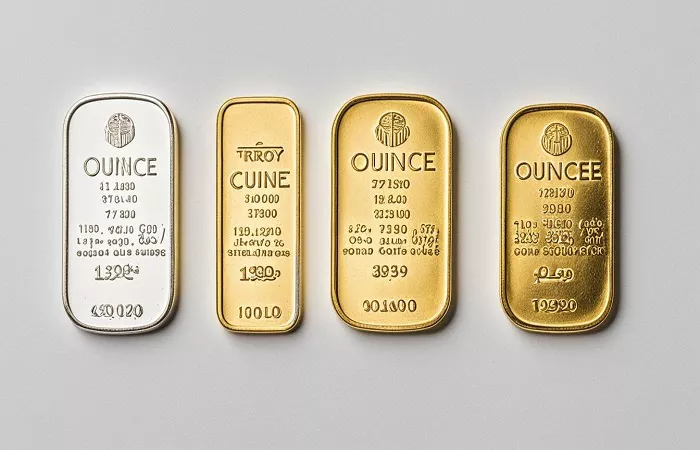Gold prices reached a fresh record high of $3,300 on Wednesday, continuing their upward momentum as global trade uncertainties and a weakening U.S. dollar fuel demand for safe-haven assets. As trade tensions escalate and fears of a U.S. recession grow, investor flows into gold, a non-yielding asset, have intensified. The prospect of more aggressive monetary policy easing by the U.S. Federal Reserve (Fed) is also contributing to the metal’s rise.
The ongoing bearish sentiment surrounding the U.S. dollar, spurred by uncertainty over President Donald Trump’s trade policies and a broader lack of confidence in the U.S. economy, is further bolstering gold prices. Despite slight signs of overbought conditions on short-term charts, gold’s rally remains largely unaffected, indicating strong and sustained buying interest. Investors are now eagerly awaiting comments from Fed Chair Jerome Powell, which could provide further direction for market sentiment.
Market Movers: Continued Demand for Gold Amid Global Uncertainty
The surge in gold prices comes as U.S. President Donald Trump unexpectedly backtracked on his proposed heavy tariffs on U.S. trading partners, offering a 90-day reprieve. Additionally, Trump suggested that some auto-related tariffs might be exempt, and he removed certain electronics, including smartphones and computers, from steep tariffs on China.
However, Trump maintained 145% tariffs on other Chinese imports and indicated plans to introduce additional levies on semiconductors and possibly pharmaceuticals, which has kept uncertainty high in global markets.
Meanwhile, China retaliated with a 125% tariff increase on U.S. imports, further exacerbating fears of a full-blown trade war between the world’s two largest economies, which could undermine global economic growth. These tensions continue to support demand for safe-haven assets like gold, pushing prices to new highs.
The shifts in U.S. trade policy have eroded investor confidence in U.S. economic stability, while expectations that the Fed will cut interest rates by 100 basis points in 2025 have placed significant downward pressure on the U.S. dollar. As a result, the dollar recently hit its lowest level since April 2022.
Economic Data and Market Outlook
Data released on Wednesday showed that China’s economy grew by 5.4% year-over-year in the first quarter, beating expectations. Other Chinese economic indicators, such as retail sales, industrial production, and fixed asset investment, also showed stronger-than-expected results, although the optimism was overshadowed by rising trade tensions with the U.S.
Looking ahead, investors are focused on comments from Fed Chair Jerome Powell, which could provide further clarity on the Fed’s interest rate decisions and influence the U.S. dollar’s trajectory. Trade developments are also expected to play a pivotal role in shaping gold’s price action, with the yellow metal poised to maintain its bullish momentum.
Technical Analysis: Bullish Trend Continues, But Caution Advised
From a technical standpoint, the Relative Strength Index (RSI) on both the daily and 4-hour charts is approaching overbought levels, signaling that a potential pullback could be on the horizon. While gold’s upward trend remains strong, traders may want to wait for consolidation or a modest pullback before positioning for further gains.
In the event of a correction, support is expected around the $3,246-$3,245 range, followed by additional support near the $3,230-$3,229 region. A deeper pullback toward the $3,200 level could be seen as a buying opportunity, as it is unlikely to derail the broader bullish trend.
As the gold market continues to react to trade tensions and shifting economic policies, the outlook remains highly favorable for the precious metal, with bulls showing no signs of retreating just yet.
Related topics:
- What is the Value of 18K Gold?
- Why Does Gold Price Increase During War?
- What is the Best Price Being Paid for Gold Sovereigns?


